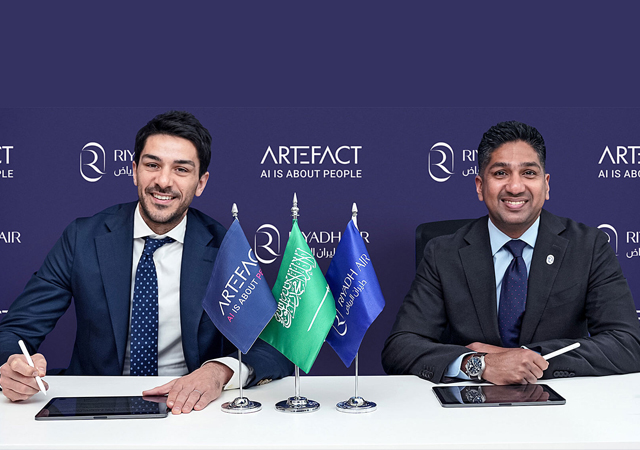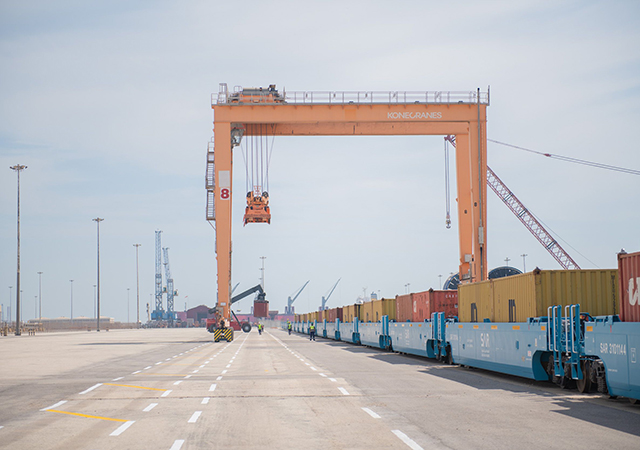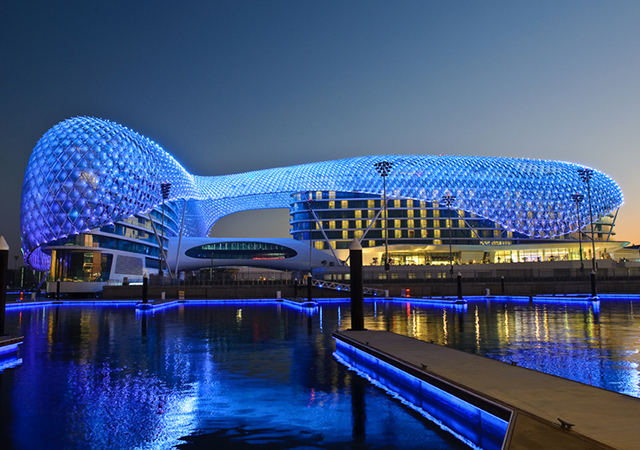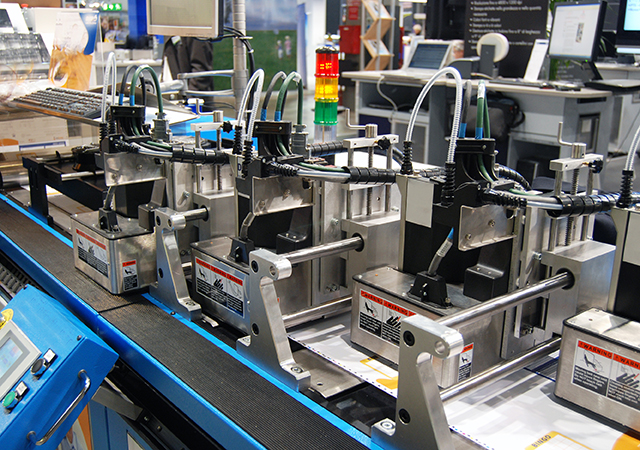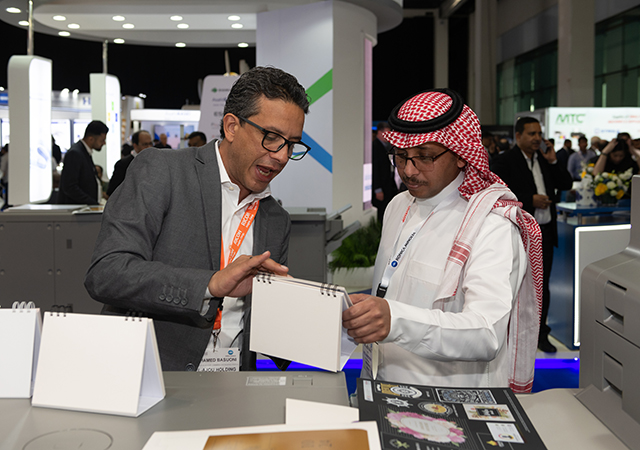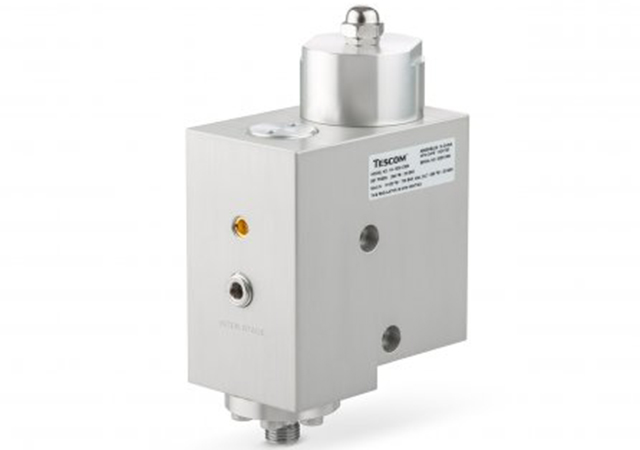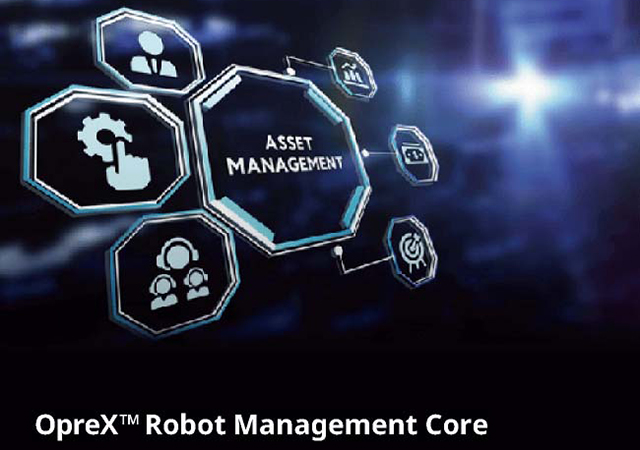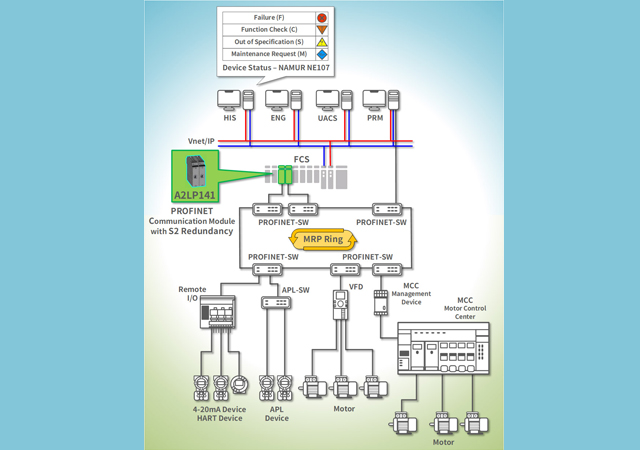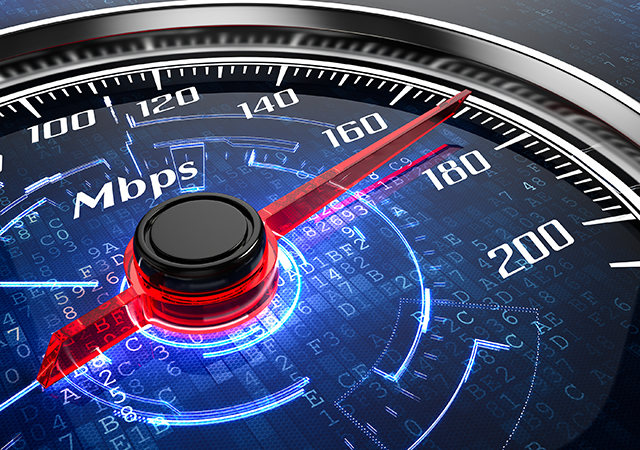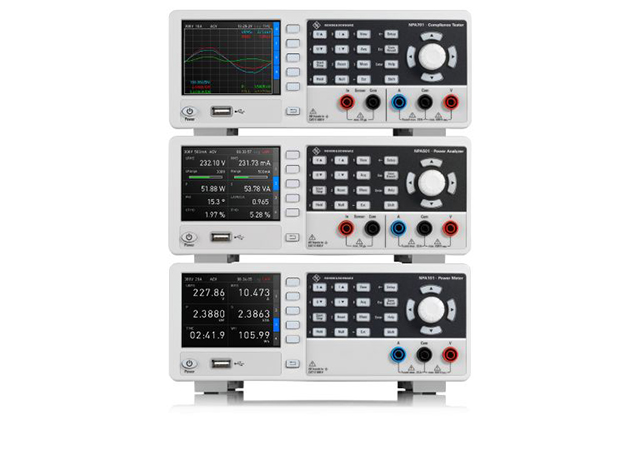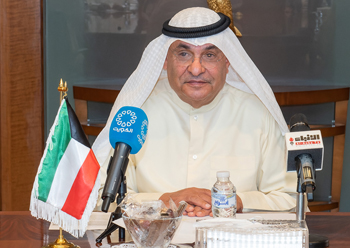
 Agility: robust performance
Agility: robust performance
Agility, a leader in supply chain services, infrastructure, and innovation, has reported a full-year 2021 net profit of KD977.4 million ($3.2 billion), an increase of 2,250 per cent over the same period in 2020, on the back of an one-time gain of almost KD 1 billion on the sale of a unit.
Announcing the results for the 12-month period ending December 31, 2021, Agility said this growth was mainly due to a robust performance by its portfolio of businesses and also a one-time gain of almost KD1 billion from the sale of its core commercial logistics business, Global Integrated Logistics (GIL), to DSV, the world’s third-largest freight and logistics provider, in exchange for 19.3 million shares in DSV.
Agility is now the second-largest shareholder in DSV with an 8 per cent stake, it added.
The Kuwaiti group said the Ebitda too increased 13.2 per cent to KD109 million, and revenue grew 22.1 per cent to KD486.2 million.
Much of the revenue came from the sale of its core commercial logistics business, Global Integrated Logistics (GIL), to DSV, the world’s third-largest freight and logistics provider, in exchange for 19.3 million shares in DSV.
As a result, Agility reported a one-time gain of almost KD1 billion and is now the second-largest shareholder in DSV with an 8 per cent stake.
Moving forward, Agility’s business profile can be divided into two segments: controlled and non-controlled businesses.
• Controlled: Agility continues to own and operate the businesses that have historically generated 80 per cent of company profits; these businesses are “controlled” by Agility. Of these, the five most financially material companies are Agility Logistics Parks, Tristar, National Aviation Services, UPAC, and Global Clearinghouse Systems.
• Non-Controlled: In addition, Agility holds minority stakes in businesses through its investments in both established sectors and ventures in freight, real estate, e-commerce enablement, ESG technology and other digital technologies. Agility’s stake in DSV represents the largest of those investments. These are “non-controlled” businesses. The collective value of these investments today represents 57 per cent of the company’s assets.
On the solid performance, Agility Vice Chairman Tarek Sultan said: “Our 2021 performance was exceptional. In addition to a significant one-time gain from the GIL sale, our portfolio of businesses performed well, returning to pre-Covid profitability levels. We will be looking to accelerate growth in these businesses as they contribute to our core operations and Ebitda.”
Sultan pointed out that the DSV transaction and the sale of GIL fundamentally changed the structure of the company and reset the baseline for the continuing operations.
“Like most companies, Agility was adversely affected by the Covid pandemic in 2020 and 2021. Looking ahead, despite the challenging market conditions and geopolitical risks, we expect performance of our continuing operations to be strong, and expect our operating results for 2022 to show a minimum of 20 per cent growth compared to this year,” remarked Sultan.
“The board and the executive management team of the company continue to be focused on growing and enhancing shareholder value over time, and we are confident that with current M&A initiatives, as well as the different, organic and inorganic growth initiatives that we are working on across the controlled segment entities, we will continue to create value for shareholders in the medium and long term,” he added.


